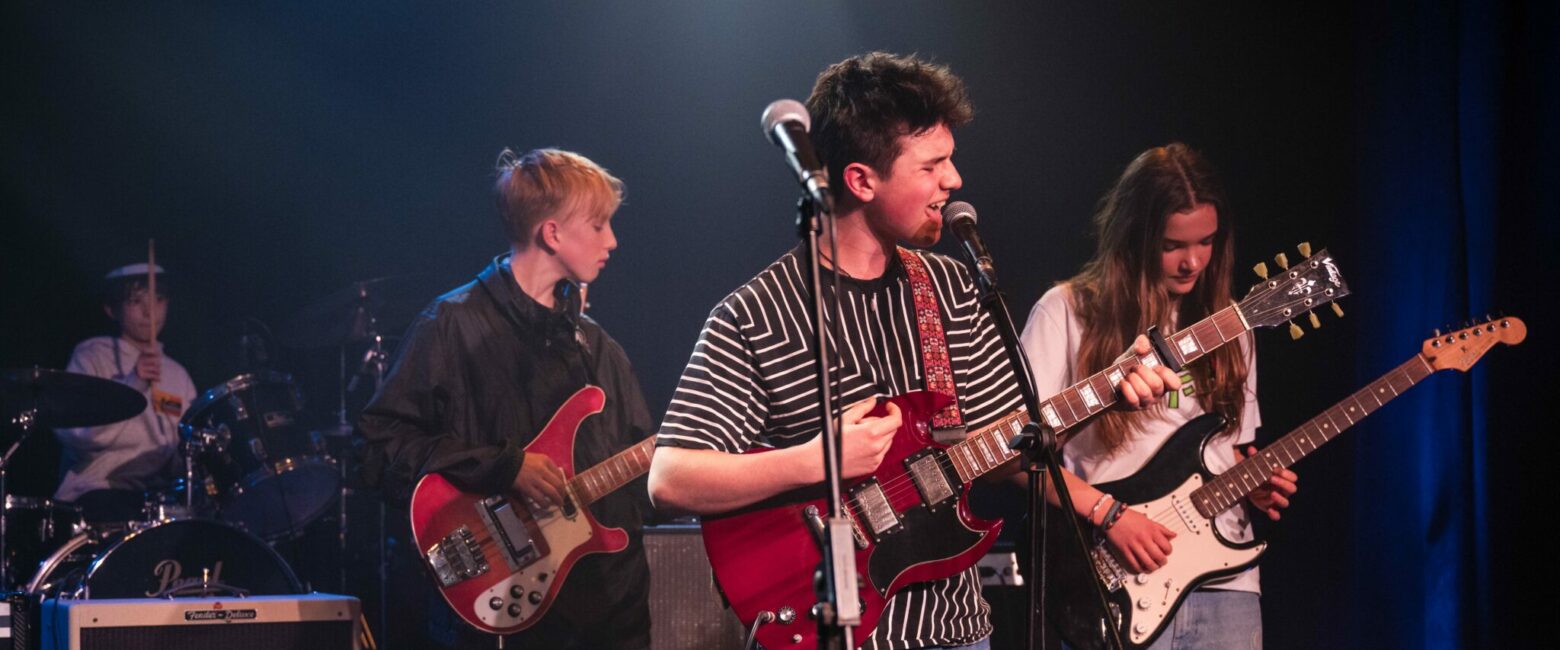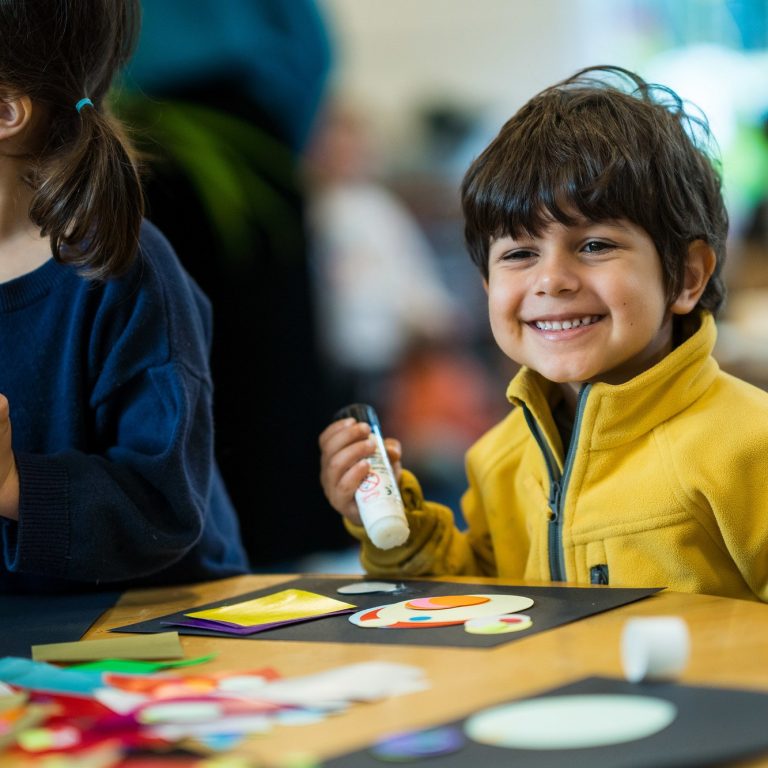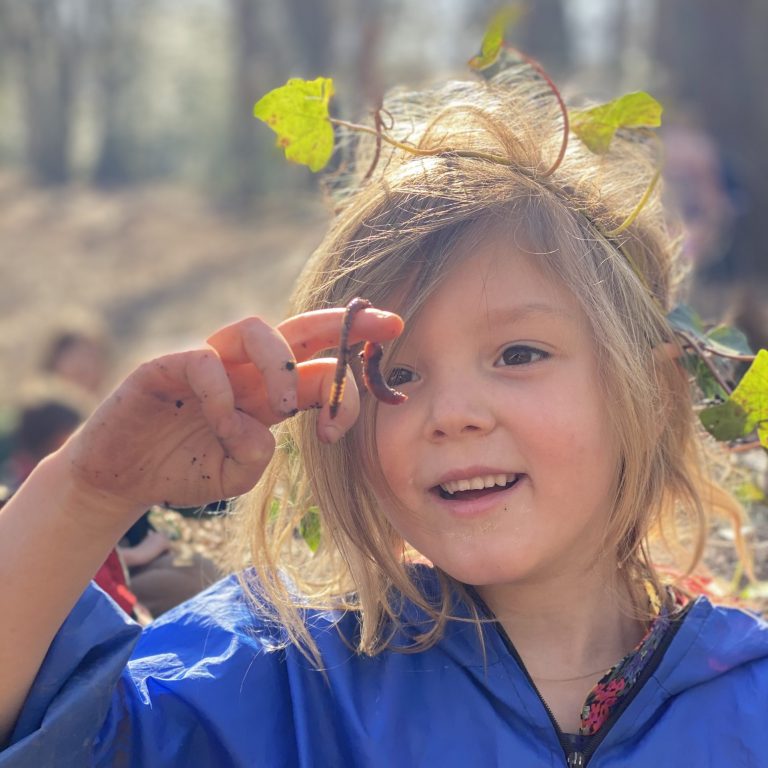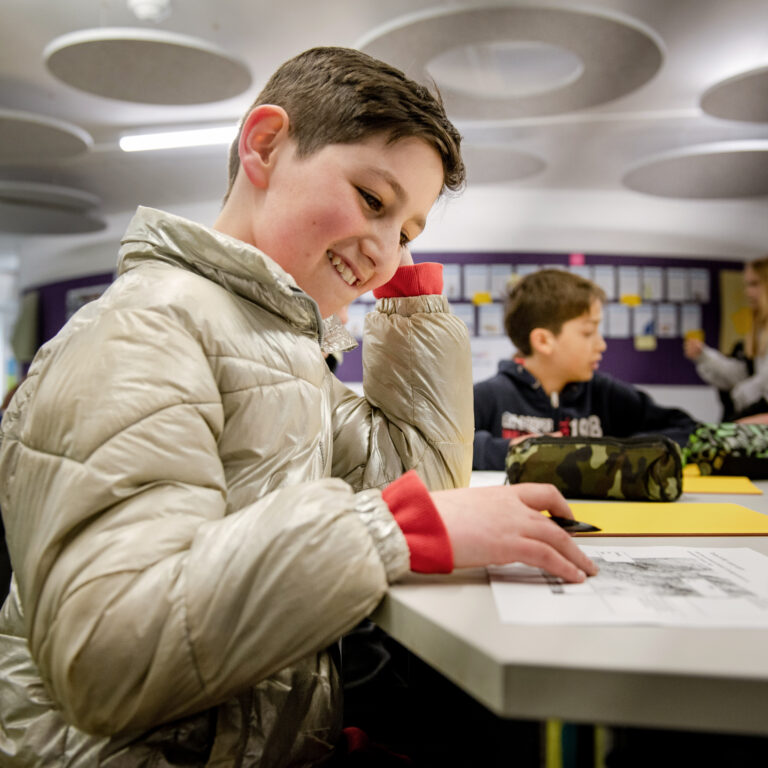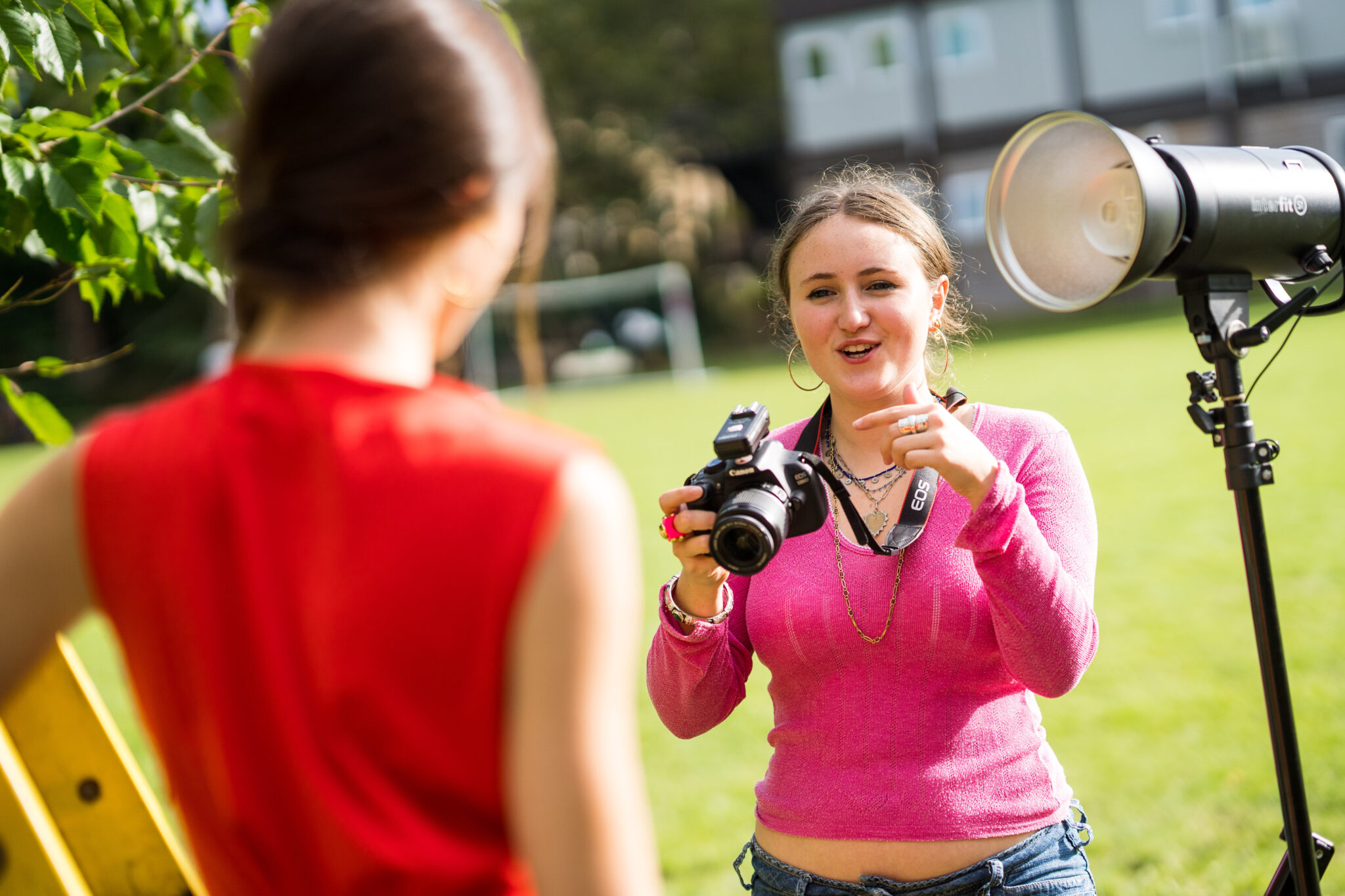Head’s Blog: Learner attributes supporting learner agency
1st February 24
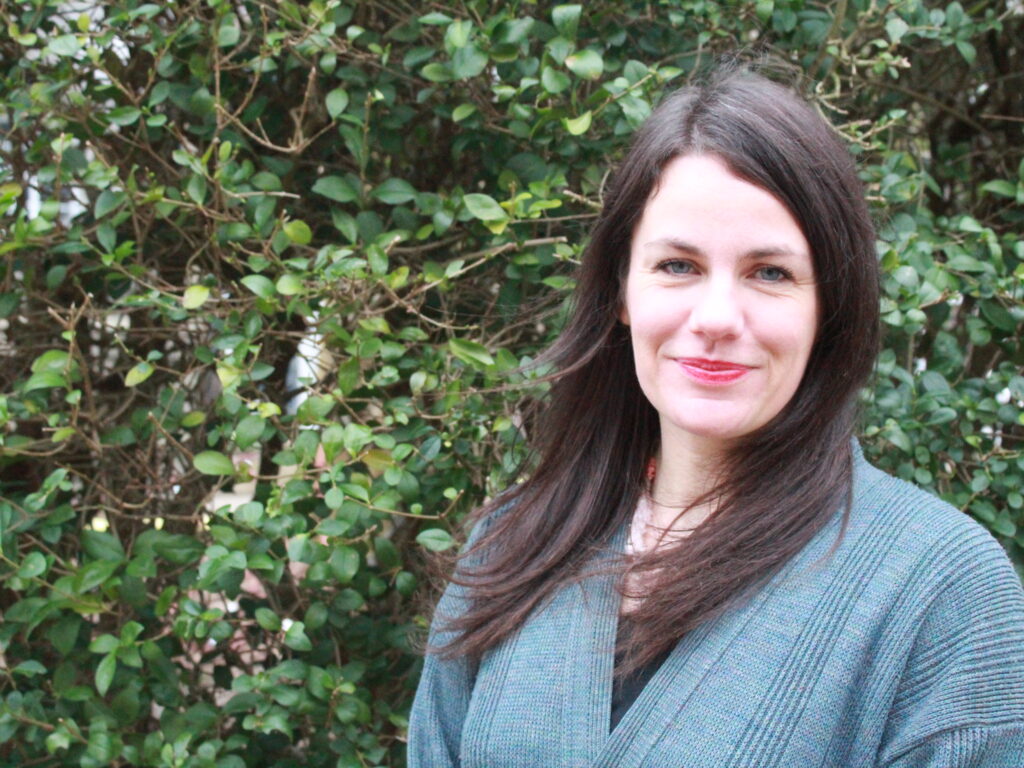
Deputy Head of Lower School Rachael Herman looks at how we weave learning skills into our curriculum from Reception and how the methods we use adapt as children move through the School. Rachael is part of the Big Education Next Big 10 project which brings together schools who want to develop innovative education practices alongside like-minded schools, and to shout louder about the possibility of doing education differently.
The use of learner skills and attributes is well embedded in many international education systems and has gained significant traction in the UK in more recent years.
In The King Alfred Lower School many of our teachers were experimenting with these ideas, trying to develop an explicit language around learning that would allow children to articulate not just what they learn, but also how they learn. In order to create cohesion and in the true spirit of education as continuous iterative development, we began a design thinking process that has spanned the last five years) and been deepened through our engagement with the Next Big 10 project. We wanted to create something with real depth and meaning – a Lower School Skills and Attributes programme that would complement our enquiry-based pedagogy.
Our programme is rooted in the theory of Claxton and Costa, as well as taking inspiration from other schools and learning communities. However, we were keen to develop something tailored to King Alfred School, something that spoke to previous work completed by our whole school community as well as to the founding principles of the school – a commitment to holistic and meaningful education that allows our students to develop into reflective, resilient and creative learners equipped for the next stage of their learning journey.
Our first area of focus was Early Years, with a belief that if we got the foundations of this approach right it could then “grow up” with our students. At the core of our Early Years learning and teaching are the Characteristics of Effective Learning (CoELs). Back in 2018 the Early Years team decided to make the CoELs more explicit to the students, giving them a framework to explore their own learning. They began by discussing what they could use to represent each characteristic. Puppets fitted the role perfectly for our youngest students. Over the years the puppets and their learning habits have evolved to ensure that they link to whole school developments. We currently have two puppets who represent attributes or ways of being: Monty the Monkey who is courageous, imaginative and curious, and Bobby the Bee who is kind, resilient and proud. And we have two puppets who represent creative thinking and communication skills: Olly the Owl who is a problem solver, link maker and reflective, and Ruby the Rabbit who explains, collaborates, and listens. Each of the learning habits are broken down into descriptors that are used to inform planning and teaching. The puppets are an integral part of daily teaching, and the children learn from the very beginning how to reflect and evidence their own development on focus skills and attributes.

Our next area of focus was on creating a programme that built from the Early Years model but gave scope for further depth as our students got older. We have created five attributes buttons, attributes that we have identified as key to being successful not only in school, but also in future life. These are: resilient, curious, compassionate, committed and courageous.
These attributes sit alongside three core skills from the King Alfred deeper learning wheel: communication, collaboration and creative thinking. Our deeper learning wheel underpins our whole school approach to education, giving equal importance to knowledge, personal qualities and trans-disciplinary skills.

The power of approaching our teaching through skill sets alongside knowledge is that they are transferrable and can be used in all aspects of learning and across all subjects. They go hand in hand with an enquiry-based approach to learning.
Crucially these three skills are broken down into skillsets to allow our students to engage and have experiential understanding of developing in these vital areas.

All of our skills and attributes have clearly staged descriptor documents that allow our teachers to skilfully plan layered learning experiences, where knowledge, skills and attributes are all held in equal importance. Focus skills and attributes are explored and unpicked with the children in a variety of ways so that they can develop an age-appropriate and, over time, deep understanding of these traits and their own development of them. A key focus area for us during this process has been finding manageable ways for students to reflect and evidence their development with focus skills and attributes during our termly student-led conferences. Experimentation with learner profiles using platforms such as Seesaw or Google slides is currently ongoing.
It has been, and continues to be, a huge undertaking. Is it worth it? For us the answer is, absolutely. Learner agency is at the heart of all we do and by ensuring that skills and attributes are tended to alongside knowledge we support metacognitive practice, giving the students a shared vocabulary to discuss – as we had stated – not only what they are learning but also how they are learning. Hearing students as young as six reflect on themselves as learners is powerful and fosters in them a sense that they can really succeed in learning, doing and becoming whatever they choose.


